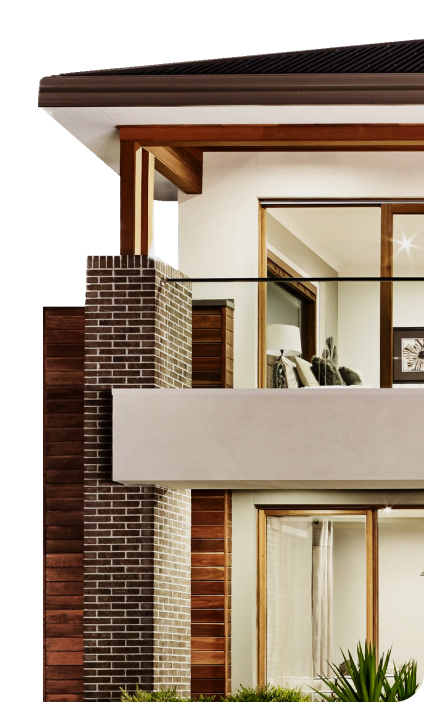If your home’s equity (value) has been building over time, a cash-out refinance allows you to turn a portion of that equity into cash — cash you can use however you want. Home improvements, unexpected medical bills, a child’s college education, or even a luxurious vacation you’ve always dreamed about are all realistic possibilities.
So how does a cash-out refinance work?
Let’s say you owe $100,000 on your home, but its value on the market is $150,000. That means you’ve generated $50,000 in equity. A cash-out refinance lets you use part of that equity and receive cash in exchange. You would have a new mortgage at a higher amount, but lower interest rates and shorter terms could still offer significant savings over time.
When is the best time to take advantage of a cash-out refinance?
The answer is really up to you and depends on your needs. The most popular reasons to utilize a cash-out refinance are to:
- Remodel or renovate your home
- Consolidate multiple loans at a lower rate
- Pay off auto loans or other debt
- Settle any unexpected medical expenses
- Make real estate or other investments
- Accommodate a growing family or other life events
- Take the trip of a lifetime
Other potential benefits
Easier Qualifications — because you already own a home, have a payment history established and your home’s value is now more than you owe, it’s typically easier to qualify for a cash-out refinance than other types of loans.
Tax Deductions — mortgage interest is tax deductible*. Plus, there are some costs associated with closing fees that are also tax deductible. You could even benefit if you pay off some tax deductible debt with the cash you would receive from a cash-out refinance.
Better Rates — many lines of credit have an adjustable rate attached to them, while a cash-out refinance does not.
Possible drawbacks
Closing Costs — these are fees you will have to pay with a cash-out refinance. While there may be many cash benefits, make sure to include closing costs into your evaluation.
Longer Term — it’s typical with a cash-out refinance to reset your mortgage to a longer term than your original home loan. That means you will extend your mortgage beyond the original term.
Higher Rates — it’s possible your cash-out refinance rate will be lower than your current mortgage rate, but you may get a higher rate than a traditional refinance.
All of this is to say, only you can decide when a cash-out refinance is a good option for you. It can be a smart financial decision and a great way to pay off debt or pay for home renovations, or it may be something you want to consider in the future.
